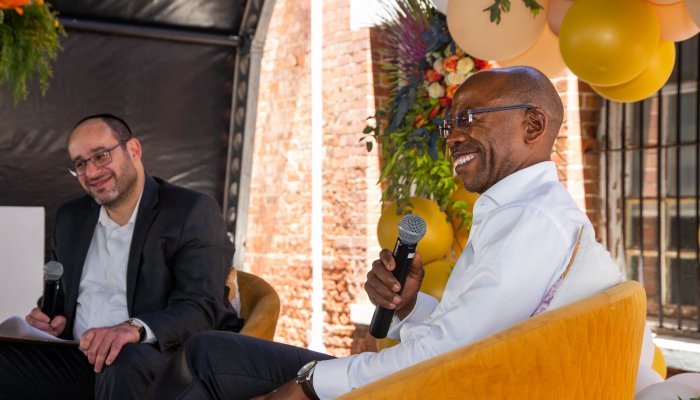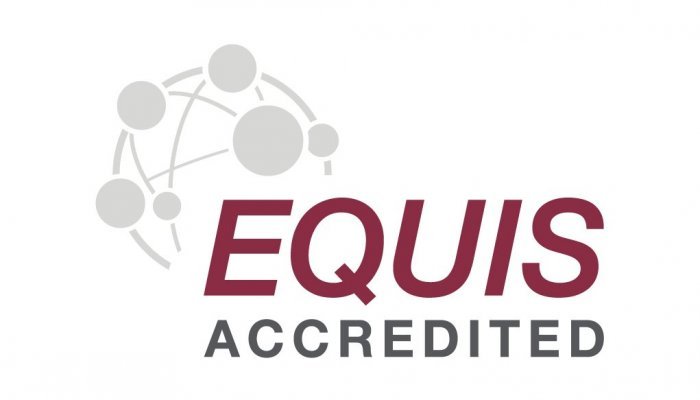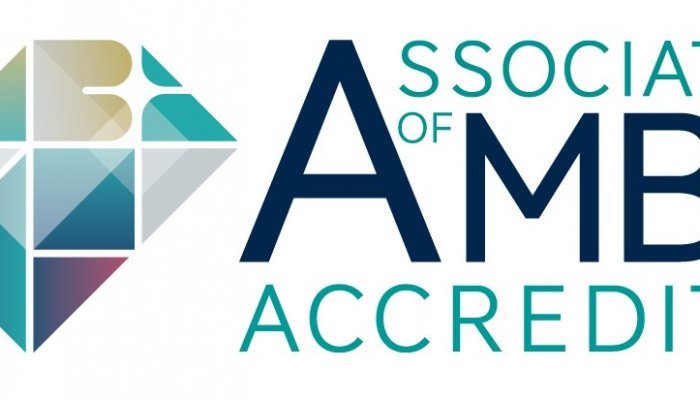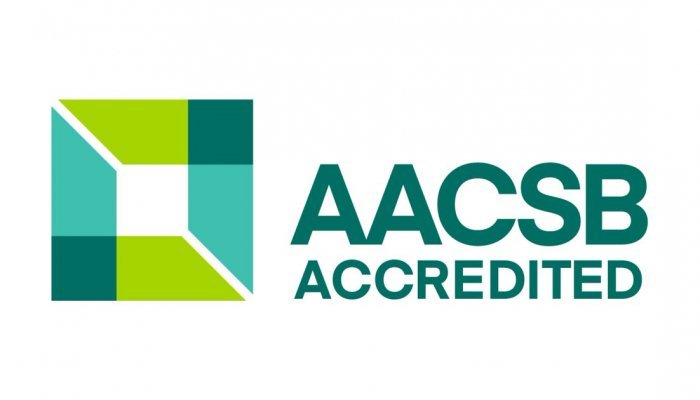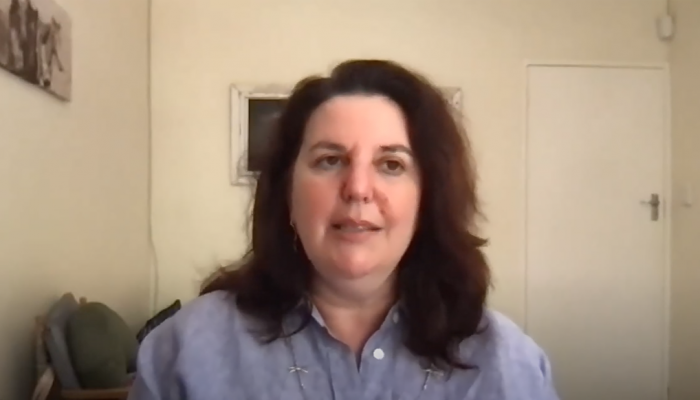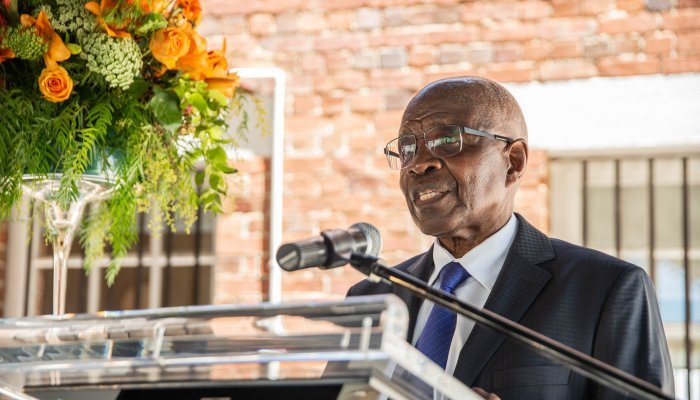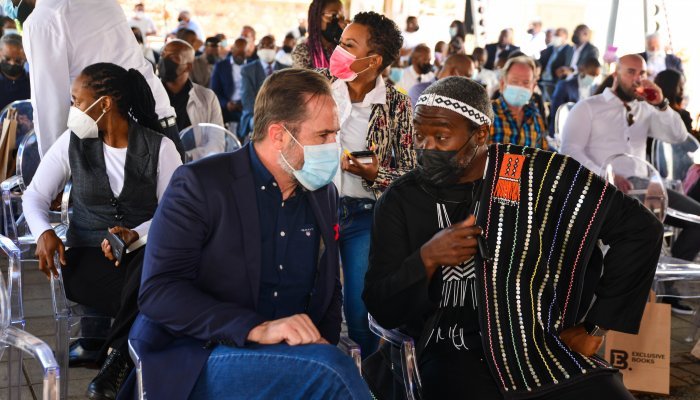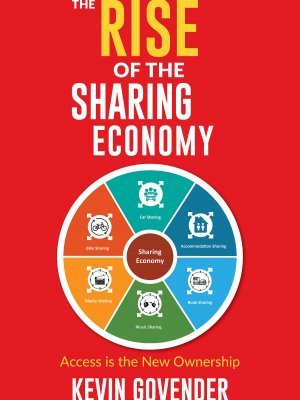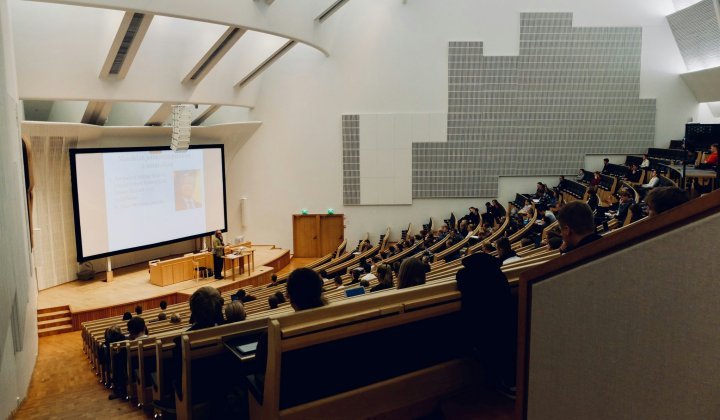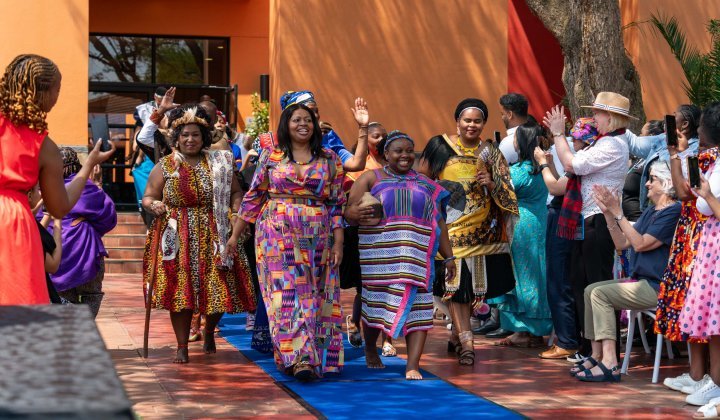GIBS Earns Globally Renowned 'Triple Crown' Status with the Receipt of EQUIS Accreditation
The European Foundation for Management Development (EFMD) has awarded GIBS its prestigious EQUIS accreditation. With the addition of this accreditation to those already held by GIBS – namely, the Association of MBAs (AMBA) awarded in 2007; and the Association to Advance Collegiate Schools of Business (AACSB) awarded in 2016 – GIBS is now part of an elite group of business schools that have earned the coveted 'Triple Crown' international accreditation. Less than 1% of the world's business schools hold Triple Crown status.
GIBS was awarded EQUIS accreditation after undergoing a rigorous assessment process earlier in 2021. The EFMD assessed the GIBS’ strategy and positioning, student engagement, alumni satisfaction, professional performance, client satisfaction, quality of the programmes, faculty profiles, contextually relevant and applied research, and physical and digital infrastructure.
GIBS’ strong alumni network and focus on serving an evolving global market put GIBS in good stead. Other aspects considered included GIBS' internationalisation, close linkages to the business world, community engagement, and its exemplary focus on ethics and sustainability across educational programmes and services.
Interim Dean, Professor Morris Mthombeni, said, "This accreditation reinforces our commitment to providing quality business and management education. It demonstrates that we are on par with the world's most highly acclaimed institutions."
GIBS is committed to making a positive societal impact, especially in partnership with its growing and engaged alumni community. "The recognition that we obtain through international accreditations like EQUIS is not only a testament to our faculty, staff, suppliers, and students, but especially to the continuous impact made by our alumni in building and leading organisations informed by capabilities developed in part at GIBS," concluded Mthombeni.
Behold the Turtle
Professor Bonang Mohale’s new book, Behold the Turtle: Thoughts on Ethically Principled Leadership, was launched at a Constitution Hill event and hosted by GIBS just before the end of 2021. It’s Mohale’s second book and contains insights and wisdom related to things like state capture, Covid-19, and the role played by business in creating South Africa’s future. The book’s title comes from the old proverb: ‘Behold the turtle – he only makes progress when his neck is stuck out’.
Mohale is chancellor of the University of the Free State, professor of practice at the Johannesburg Business School, chairperson of Bidvest and president of Business Unity South Africa.
GIBS Debuts in the 2021 Corporate Knights Better World MBA Ranking
Corporate Knights released its 19th annual Better World MBA Ranking, with the University of Pretoria’s Gordon Institute of Business Science (GIBS) debuting at joint 39th position alongside internationally recognised IE Business School. The ranking shows GIBS as a point behind Insead Business School and one point ahead of the prestigious Swiss business school, IMD.
Corporate Knights evaluated 147 MBA programmes for the ranking and included the Financial Times 100 Global MBA programmes for 2021. The ranking looked at the business schools’ curriculum, research centres, and institutions dedicated to sustainability and the volume of faculty research on sustainability-related topics. Increased core courses and faculty research aligned with UN Sustainable Development Goals (SDGs) and improved gender and racial diversity among its faculty helped GIBS achieve this top spot.
To qualify for the ranking, all programmes had to be accredited by AMBA, AACSB, or EQUIS and/or be signatories of the United Nations Principles for Responsible Management Education (PRME). GIBS is a PRME signatory and has been a proud member of the PRME Champions group since 2009.
Interim dean at GIBS, Professor Morris Mthombeni, said, “This acknowledgement from Corporate Knights is very encouraging. It is recognition of the considerable effort from GIBS as we work towards producing responsible and conscious leaders who will lead organisations of the future.”
Over the past few years, GIBS has made significant inroads and has emphasised sustainability-focused elective offerings and integrated social responsibility topics into the MBA curriculum and research output. This is in line with its pledge as a UN PRME champion to work collaboratively as an advocate and champion of responsible management education by integrating the SDGs into business school strategy to achieve the PRME principles.
Embodied Leadership – Learning to Listen to Our Bodies
“Small and subtle shifts in the body can have a profound impact on how we perceive ourselves and our situations. If we reclaimed our bodies, what a difference it would make to our capacity,” Karen White, leadership coach at The Human Connection, told a recent online GIBS Forum on Embodied Leadership.
Embodiment and Embodied Leadership examine the physical patterns that may hold us back as leaders and seek ways to utilise the wisdom of our bodies to create the results we desire for ourselves and others through a reconnection to the wisdom of the body.
Partner and executive director at Nabantu, Phephile Simelane, explained that when leaders are navigating relentless change, observation of what is happening in our bodies, including an awareness of thoughts, emotions and physiology, can result in a shift in thoughts and an expansion of decision-making capacity.
“It starts with observing. You can’t shift what you don’t notice. Observing is the start of learning,” Simelane said.
Despite it being our home, our awareness of our body is quite limited and neglected in our formal education, White said.
“Our bodies are responsible for our perception and learning and how others experience us, for example, whether certain individuals have a ‘leadership presence’ or not.”
The Rise of the Sharing Economy – Access is the New Ownership
The sharing economy offers a multitude of unique opportunities for South Africa and other developing nations to boost economic development and encourage job creation and micro-entrepreneurship.
Kevin Govender, author of The Rise of the Sharing Economy - Access is the New Ownership, told a GIBS online Flash Forum that: “People are experiencing a significant value shift with a desire to reconnect with products and services in a more meaningful way. Consumers are becoming more cost and environmentally-conscious and are prioritising experience over ownership.”
The sharing economy is a set of practices and economic models that, through technology and community, allows individuals and organisations to share access to products, services, and experiences instead of ownership. It has exploded in popularity over recent years. It has disrupted a significant number of mature industries such as accommodation in the form of Airbnb, automotive with on-demand ride-hailing apps such as Uber, and entertainment giants such as Spotify and Netflix.
In 2011, the sharing economy was dubbed by Time magazine as “one of the 10 ideas that will change the world”, and it has been widely hailed as a major growth sector. The total value of the global sharing economy is estimated to grow from US$14 billion in 2014 to US$335 billion by 2025.
In The Rise of The Sharing Economy, Govender, a partner and director at Deloitte and the Deloitte Africa ERP leader, shares his insights and expertise on the evolution of the sharing economy, consumer behaviour and alternative business models.


